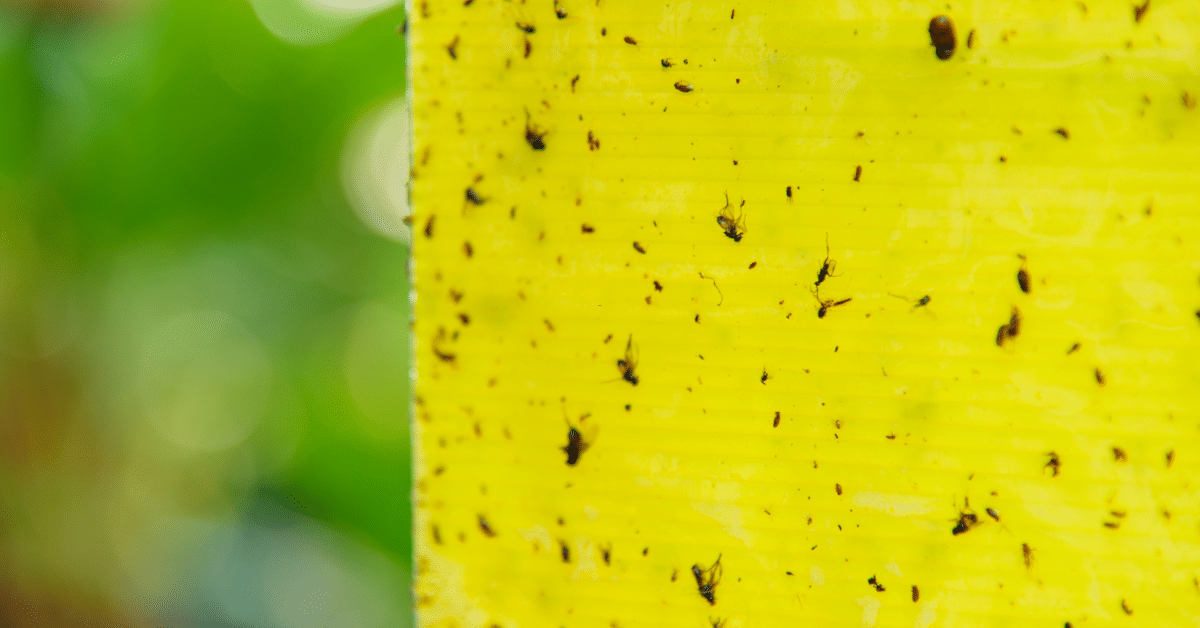
Hidden Hazards: Household Items That Harm Wildlife
Many everyday household items seem harmless — until they end up in nature. Whether tossed in the trash, washed down the drain, or left outside, certain products can seriously harm wildlife in Virginia and beyond. Being aware of these items is the first step to protecting the animals we share our environment with.
Plastic waste is one of the biggest threats. Items like six-pack rings, plastic bags, balloons, and snack wrappers often end up in rivers, forests, or roadsides, where animals mistake them for food or become entangled. Even small bits of plastic can block digestive systems and lead to starvation, especially for birds, turtles, and fish.
Rodenticides and chemical pesticides are another major danger. While intended to kill pests, these poisons often end up harming non-target species like hawks, owls, foxes, and pets — especially when those animals eat contaminated prey. Safer, wildlife-friendly pest control alternatives are available and just as effective.
Fishing line, hooks, and even garden netting can trap birds, turtles, and small mammals. Discarded fishing gear is especially dangerous in Virginia’s rivers and coastal areas, where it can remain for years, injuring or killing countless animals.
Non-native plants and invasive garden species like English ivy or Japanese barberry may seem decorative, but they can outcompete native vegetation, reducing food and shelter for local pollinators and birds.
Even outdoor lights can disrupt wildlife behavior, confusing migrating birds or discouraging nocturnal animals from foraging and nesting.
The good news? Small changes at home can make a big difference. Opt for reusable items, dispose of chemicals properly, plant native species, and always clean up after outdoor activities. When we make more mindful choices, we help create a safer world for the wildlife that surrounds us.
Check out this list. Opt for natural products instead and dispose of products properly!
- Antifreeze: Contains ethylene glycol, which is highly toxic to animals, even in small amounts. It has a sweet taste that attracts animals.
- Cleaning products: Bleach, ammonia, and other disinfectants can cause chemical burns or poisoning if ingested.
- Pesticides: Many contain toxic chemicals that can harm wildlife if ingested or absorbed through the skin.
- Essential oils: Certain essential oils, like peppermint, eucalyptus, and tea tree oil, can be toxic to pets and other animals.
- Medications: Human medications, even in small doses, can be harmful or fatal to animals.
- Lead Paint: Homes built before 1978 may contain lead paint, which can be ingested by animals.
- Batteries: Can cause chemical burns or intestinal blockages if chewed or swallowed.
- Glue traps: Just ask the Wildlife Center of Virginia – these do so much damage!